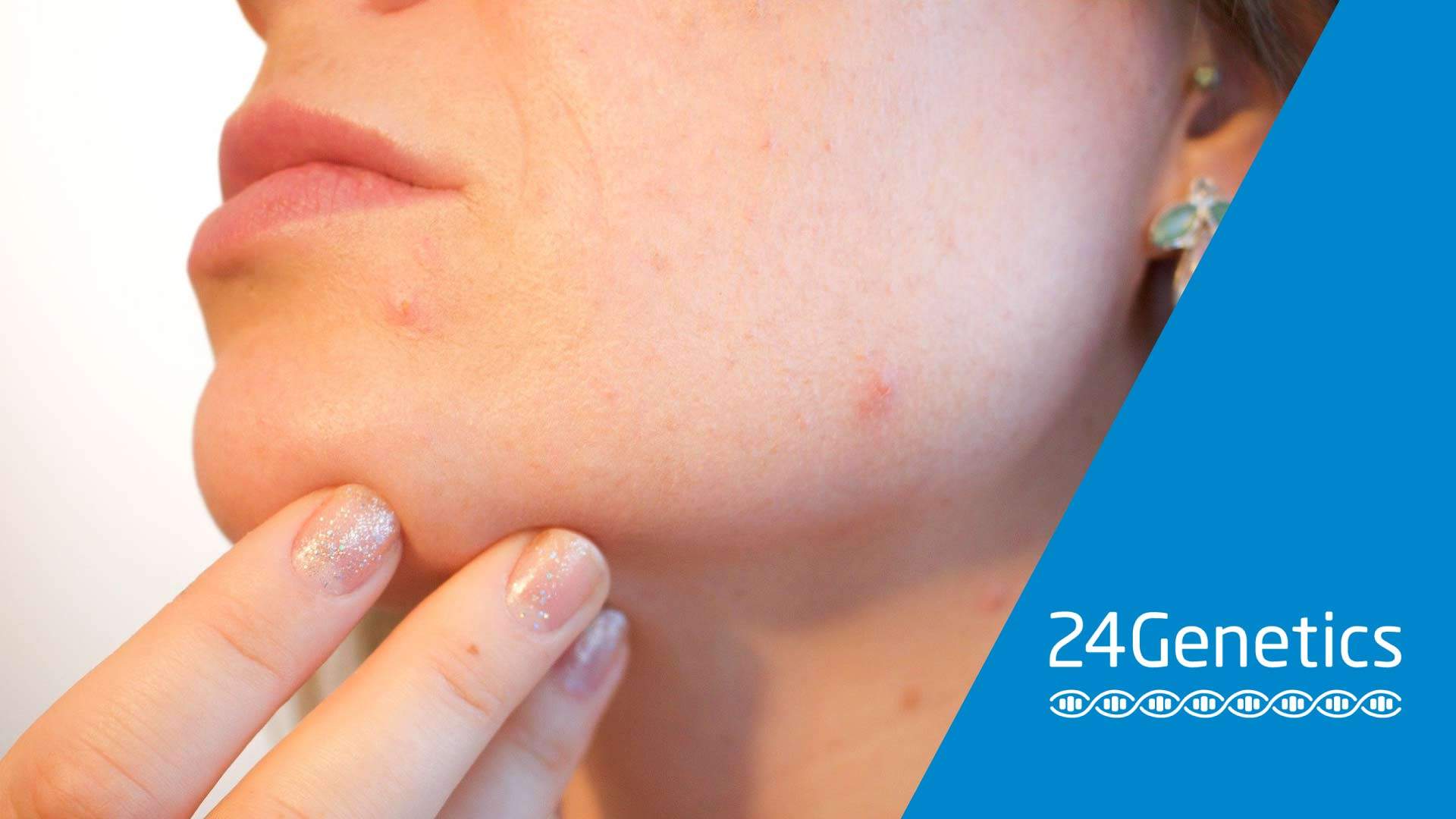
03 Feb DNA Skin Care
DNA skin testing is the latest preventative skincare treatment, allowing better control of the aging process through analysis of your unique genetic makeup. The DNA test for Skin Care is the most recent and innovative DNA test available on the market and will be the basis for the treatment and care of your skin – because everyone’s skin is not the same.
The Science of Skincare: Taking your skin to the next level
Many estheticians and shop assistants simply prescribe a cream based on whether the skin is dry, oily, or normal. This is not enough. Skin care is not simply about finding the right cream. Cream and a skin care program can only be maximized if you know your genes and scientifically find out what really works according to your DNA.
7 Different Looks at Skin Care Results
The DNA Skin Care test will establish if you are at high, medium or low risk in the following 7 aspects of skin aging:
Category 1: Fine Lines and Wrinkles – Our body’s ability to form collagen or the rate at which it breaks down is an important aspect of wrinkle formation. Another important factor is a process known as glycation. Glycation is highly dependent on our sugar (glucose) intake and the rate at which we can genetically rid our bodies of the by-products of sugar metabolites known as “Advanced Glycation End Products (A.G.E)”. These glycation end products damage skin proteins and can inhibit collagen and elastin production or contribute to the breakdown of these proteins. Certain genetic variations expose us more to glycation – Do you have these genetic variations? Find out with our Skin Care DNA test.
Category 2: Sun Protection Are you genetically prone to sun damage, pigmentation, skin discoloration caused by UV rays, or do you have genes that offer sun protection (natural genetic factor for sun protection)? The results of this stage of the test will help you assess how much sun you can get, the type of sunscreens you need, and the level of protection.
Category 3: Sensitivity of the skin – Have you got spots? Do you have rashes or sensitive skin? What is causing these inflammatory reactions? This stage of the test will tell you if you are genetically prone to skin inflammation and sensitivity – two key factors in aging. The test can help you avoid factors that can increase sensitivity.
Category 4: Elasticity of the skin: the skin must be flexible and should be able to stretch and return to its original shape. Collagen and elastin give skin its structure, but some of us have genes that reduce this natural elasticity.
Category 5: Pigmentation: Melanin is a pigment that protects us from harmful UV rays, absorbing and dissipating them. Melanin blocks UV radiation protecting you from free radicals that could potentially cause skin cancer.
Category 6: Collagen Quality – The firmness and elasticity of the skin is determined by collagen, a protein that gives the appearance of a smooth, plump complexion. As we age, fine lines and wrinkles begin to appear because our body’s ability to regenerate collagen decreases. This test will confirm if you have an imbalance in the genes responsible for collagen synthesis and formation, as well as determine if you are genetically prone to premature aging.
Category 7: Antioxidants for the skin – Is your skin capable of producing antioxidants that fight free radical damage? Much of this ability is in their genes. The fresh and youthful appearance depends on the antioxidants in your body, as these help fight the highly reactive free radicals that circulate in your body and that will accept any molecule they find.
HOW IS THIS TYPE OF TEST DONE?
At 24Genetics, we send you a kit to collect the saliva sample in a very simple way. This sample, which contains your DNA, will be used to obtain one, several or the 7 reports we have available. DNA Skin Care to see a video with the steps to follow. It’s really easy and from the comfort of your own home. Once you have the sample, you only have to send it back to us according to the instructions we will give you. You will receive the acquired reports within 3 to 6 weeks from the moment you register your DNA sample code on our website.


No Comments